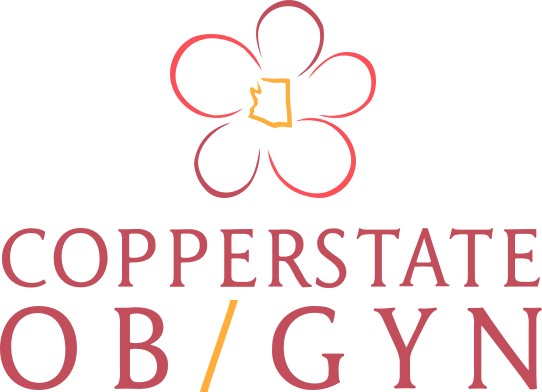You have just delivered your baby and are enjoying the experience of new motherhood; congratulations!
However, the first stages of motherhood can also have challenges. Here we will explain what the 4th trimester is, what it involves and how to prepare for it in advance!
What is the “4th Trimester”?
The “4th Trimester,” what is that? While it isn’t a widely known term, it is a stage that every new mother goes through. The 4th trimester is the 12-week period immediately after you have had your baby.
During this time, you will experience significant physical and emotional change as you adjust to your role as a new mother – whether this is your first child or not – and recover from your pregnancy and delivery.
Physical Recovery Postpartum
Having a baby, whether vaginally or through C-section, is not easy, and it will take time for your body to recover.
Every woman’s delivery experience is different, but even those who don’t experience any difficulties during delivery have a recovery period. With a vaginal birth, three weeks is the average time of recovery, with some exceptions.
If you experience a perineal tear or have an episiotomy during vaginal delivery, that recovery time will extend to six weeks.
Mothers who deliver via C-section will likely remain in the hospital for the first three to four days with another four to six weeks of recovery afterward. This is an average amount of time and may vary depending on the nature of the delivery and the rules the hospital has around COVID-19.
Physical recovery postpartum comes with a range of symptoms that you should plan for in advance. Speaking with a medical professional can provide insight on how to prepare, but we also recommend stocking up on supplies to make it easier!
Helpful Things to Have on Hand Postpartum
While there isn’t a magic wand to wave away your postpartum issues, there are some helpful items to have on hand that can make the recovery period easier, including:
- A sitz bath to ease the discomfort of perineal tears or hemorrhoids
- Ice packs
- A spray bottle for vaginal soothing
- Witch hazel for vaginal pain
- Stool softener to regulate bowel movement
- Maxi pads for postpartum bleeding
- Recovery belts for belly shrinkage
- Breast pads for leaky nipple
- Nursing bras for convenience
- Lanolin for nipple pain
- Heating pads for sore muscles and breasts
- Comfortable clothes
Emotional Recovery Postpartum
As mothers face hormone adjustments, lack of sleep, physical recovery and tending to the baby, emotional postpartum recovery can be a roller-coaster.
Sometimes called the “baby blues”, postpartum depression is common for new mothers, with approximately 25% of mothers experiencing some degree of postpartum depression.
Postpartum depression is nothing to be ashamed of; just remember it is vital to talk to loved ones and/or professionals about how you’re feeling and ask for help if you need it.
When to Get Help
While postpartum depression is common, there is a point where you should seek professional help.
If, after two weeks, you are still having feelings of persistent hopelessness, isolation, sadness, irritability or anxiousness, you should speak with your doctor. Again, this is totally normal and a doctor will be able to provide you with a variety of solutions to help you feel better.
Our Expert, All-Female Practitioners
Every expectant mother has her own ideas about how she envisions her birth experience. Our all-female team of practitioners strive to make your birthing experience as safe and rewarding as possible. We care that your baby’s birth aligns with your own priorities.
Are you looking for an OB/Gyn in the Tucson area? Book an appointment today!
Sources:
- https://www.whattoexpect.com/pregnancy/pregnancy-health/postpartum-recovery/
- https://www.mayoclinic.org/healthy-lifestyle/labor-and-delivery/in-depth/postpartum-care/art-20047233
- https://www.mayoclinic.org/healthy-lifestyle/labor-and-delivery/in-depth/c-section-recovery/art-20047310
- https://www.parents.com/pregnancy/my-body/postpartum/healing-hints-what-postpartum-recovery-is-really-like/

